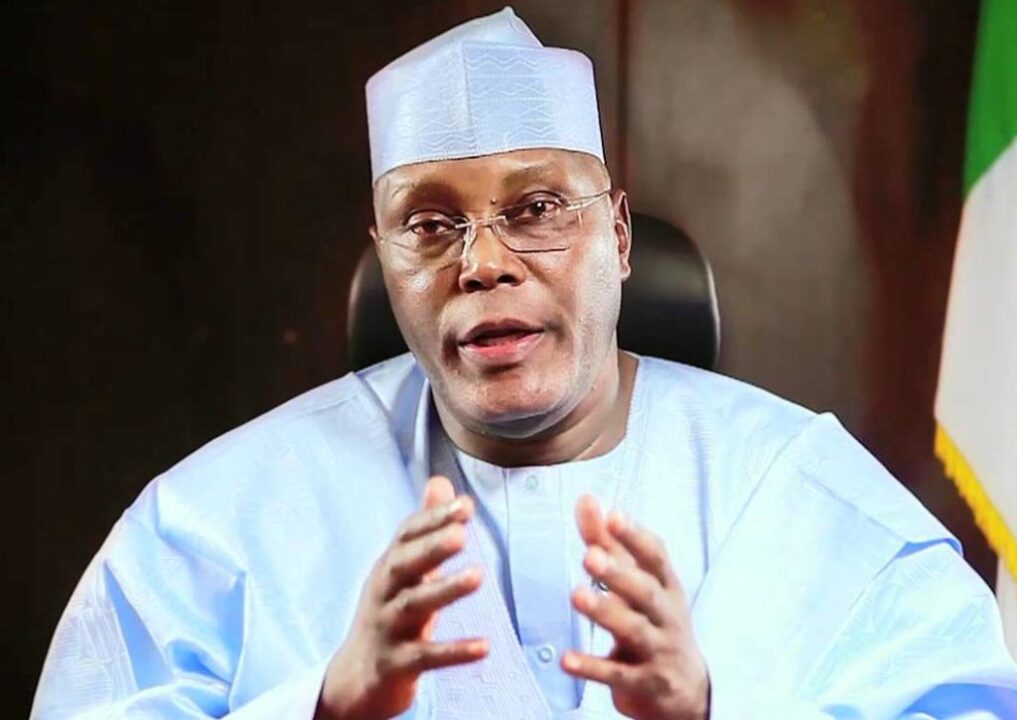There are four major reasons Atiku Abubakar emerged winner at the presidential primary of the Peoples Democratic Party (PDP) held in Port Harcourt
The peoples Democratic Party (PDP) has made its choice of a presidential candidate for the 2019 general election and Nigerians are now sure of who their option is.
It was an election the party now wants the electoral body in Nigeria to learn from.
Atiku Abubakar is their choice and other aspirants have expressed support for him, praising the credibility of the election and the electoral body led by the Governor of Delta State, Ifenayi Okowa.
It has come and gone, but there are a few things that came out of that victory for Abubakar and here are some reasons he won.
1. His Experience In The Game
It is not the first time that the man from Adamawa State is engaging in the contest for the Presidential ticket of a political party.
He was the same man that Muhammadu Buhari defeated in 2014 to clinch the ticket of the All Progressives Congress (APC) and he must have licked his wounds and learnt some lessons.
His ambition to become the president of Nigeria began in 1992 when he contested for the ticket of the Social Democratic Party with Moshood Abiola.
He came third in that race and when a run-off was due, he stepped down for Abiola.
In 1998, he contested for the governorship of Adamawa State under the Peoples Democratic Party and won the election, but before he was sworn in, the man elected as the Presidential candidate of the party, Dr. Olusegun Obasanjo, picked him as his Vice for the race which they won.
He tried again in 2006 to become the president of Nigeria, announcing his intention on 25 November and subsequently getting the green light from the Action Congress.
Why Atiku won
But that desire was scuttled by the Independent National Electoral Commission (INEC) body which removed his name from the list, citing allegations of corruption against him.
Atiku went to court and got victory at the Supreme Court. The court ruled that INEC had no power to disqualify candidates.
He later contested in that presidential election and lost to Umaru Yar’Adua of the PDP.
2. Northern Support
There is a general consensus that anyone who will defeat a northern president will have to come from the north to be able to divide the vote of the sitting president.
Atiku has emerged with the support of persons from the north who also gave him a reasonable amount of vote.
You know that the northern part of Nigeria, because of the number of states in the region, wields the power of majority when it comes to politics.
Atiku Abubakar is also from the north
He is not only from the north, he is also a Fulani like President Buhari and that will further make the race a tough one, analysts have said.
3. The Money Game
In Nigeria’s politics, money still plays a role as was seen in Ekiti and then Osun.
When the Senate President also visited Lagos State to express his interest in the presidential ticket of the PDP, party members fought over money.
Money must be shared and the poverty in the land has made the situation more despicable.
Although there is no allegation of Mr Abubakar lobbying with huge sum of money, he has the resources to, should there be need for it.
Atiku Abubakar opens Chicken Cottage In Abuja
He has series of businesses in Nigeria and had even at some point claimed he had provided more jobs to Nigerians than any other individual in the nation.
4. Loved By The South East
After the election reports were released with insider account saying votes from South-East delegates mostly went to Atiku.
Punch reported that almost all delegates from Ebonyi State voted for the former vice-president while he shared votes of Enugu State delegates with Tambuwal.
In 2015, months after president Buhari won the presidential election, he was at the US Institute Of Peace and he made a comment that may have whipped up sentiments in the South East.
Responding to a question on inclusive governance from Dr. Pauline Baker, President Buhari said: “The constituents, for example, gave me 97% [of the vote] cannot in all honesty be treated on some issues with constituencies that gave me 5%.
“I think these are political reality”.
That statement was seen as a reflection of the decision of the President to treat the South East differently and that apparently stayed in their hearts.
